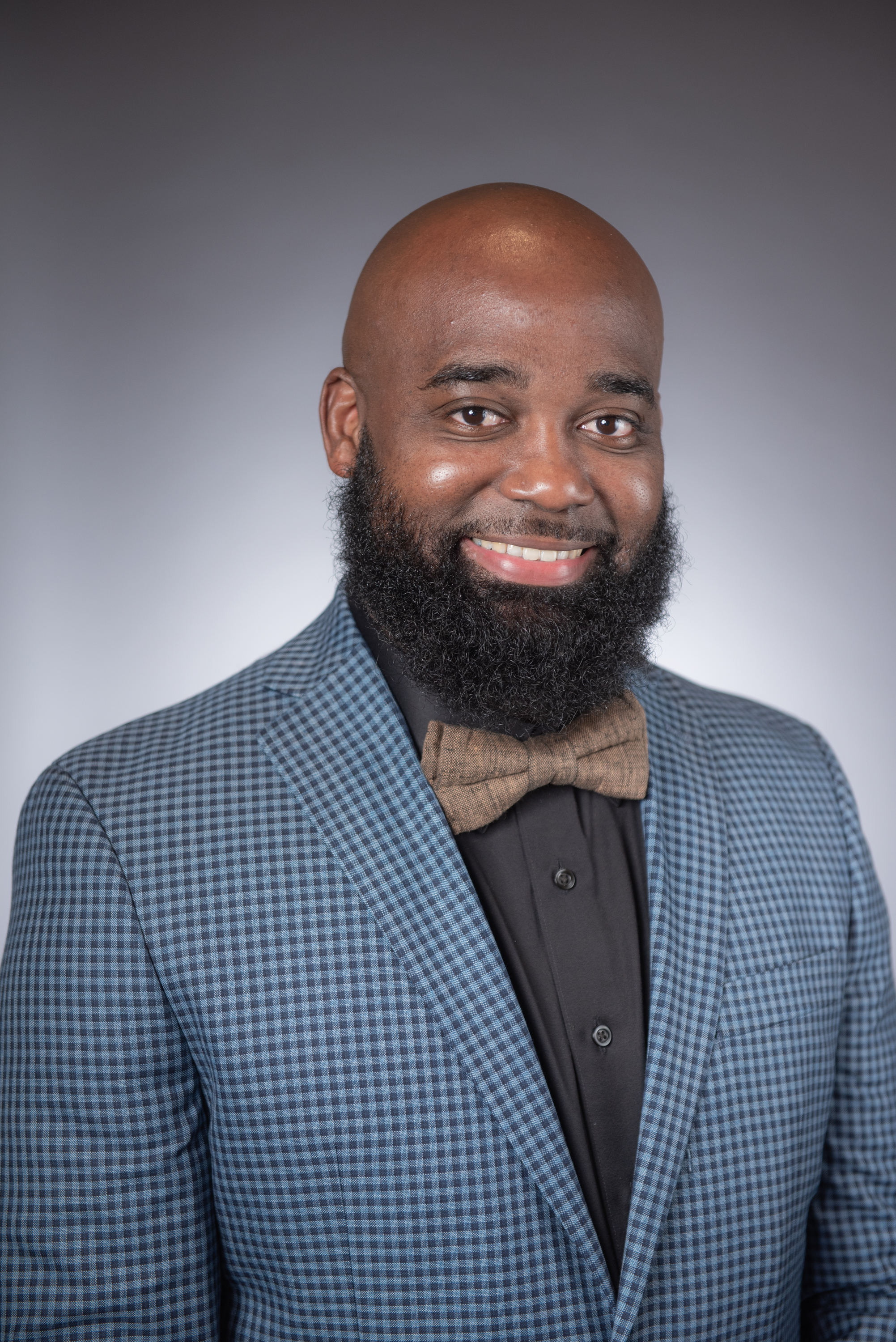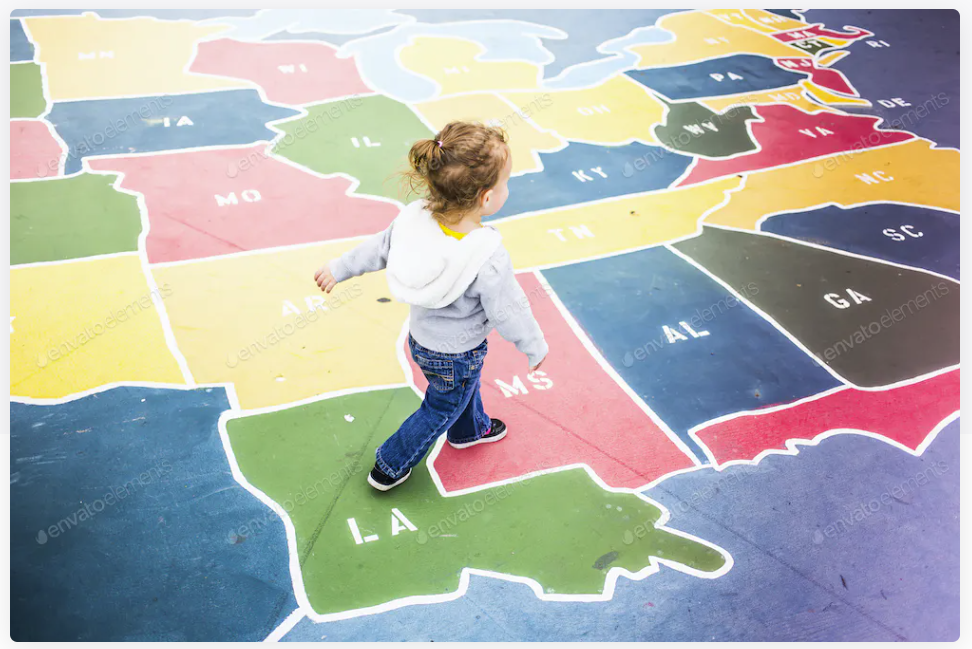
As Labor Day approaches, we reflect upon the sacrifices of countless American workers who endeavored for a brighter future. Originally instituted by President Grover Cleveland, Labor Day honors those whose contributions have paved the way for progress. It is in this spirit that we do the same for Black Business owners during the month of August. At Child Care Aware of America, we celebrate those in the Early Care and Education (ECE) industry.
Sixty years ago, on August 28, over 200,000 individuals gathered in Washington, DC, for the March on Washington for Jobs and Freedom, marking a pivotal moment in the fight for human rights. It was here that Martin Luther King Jr. passionately shared his “I Have A Dream” speech, highlighting the ongoing struggles faced by Black Americans a century after the Emancipation Proclamation. These experiences mirrored the deep-rooted challenges within the workforce, where Black labor continually faced devaluation, leaving an imprint of intergenerational trauma.
This backdrop of racial trauma similarly shaped the early care and education sector. Historically, it was built upon the dedication of Black women serving white families. A study on “Racial Wage Gaps in Early Education Employment” indicated that Black professionals in the ECE domain earn notably less than their white counterparts. This discrepancy has even widened over the past decade, as reported by American Progress.
Yet, despite the adversities, Black ECE business owners have revolutionized the industry with their innovative approaches.
Black business owners in early care and education have been pivotal in redefining industry practices and outcomes. Their transformative successes have reshaped the sector. In tribute to their labor of love, we spotlight Black business pioneers who have significantly impacted and continue to sculpt the future of early care and childhood education:
- Keisha Nzewi: In a landscape where the unique educational needs of Black children were often overlooked, Keisha Nzewi took action. Recognizing the gap between available services and the aspirations of Black Californian families, she co-founded Black Californians United for Early Care and Education. Beyond her role as an entrepreneur, Keisha emerged as a leading advocate, reshaping how
early childhood education is perceived and delivered in her community. Delve into the journey of a woman who turned concern into action, and in the process, transformed the early childhood education landscape for Black Californians. Watch here.
- Marian Wright Edelman: In a society grappling with disparities in child welfare, Marian Wright Edelman emerged as a beacon of hope. Identifying the vast gaps in resources and rights for underserved children, Marian didn't just voice concerns; she pioneered solutions. Founding the Children's Defense Fund, Marian skillfully merged business principles with advocacy, creating a sustainable model that championed the rights of children, especially those from disadvantaged backgrounds. Under her guidance, the organization grew to be an influential force, directly impacting policies and championing initiatives that uplifted countless children. Dive into the story of a visionary who saw societal challenges and responded with business innovations that made a lasting difference in the lives of America's youth. Learn more.
- Yomi Badmus-Mumuni: Yomi Badmus-Mumuni transitioned from a successful banking career to pursue her passion in early childhood education, establishing Crèche N Crew daycare in 2008 which quickly gained a reputation for excellence in child development. Amid the challenges of the COVID pandemic, Yomi seized an opportunity to expand her influence by acquiring Kids' Campus, a renowned preschool in Calvert County, aiming to continue its tradition of educational excellence. Rooted in her deep faith, Yomi's dedication to children's well-rounded education has garnered praise from parents and recognition from educational entities. Her journey.
- Marlene Green: Recognizing a glaring gap in educational equity, Marlene Green, with her astute business acumen, launched the Black Education Project. Her endeavor wasn’t just a business but a powerful response to the social challenges faced by Black students. Marlene saw the potential of merging business solutions with social problems, ensuring that Black students received not just education, but an education rooted in fairness and opportunity. Her commitment to racial equity in education didn't stop at merely identifying the problem; she formulated strategies and resources that now serve as benchmarks in the field. Marlene's legacy is a testament to how innovative business approaches can drive profound societal change. See her legacy.
- Carrie Steele Logan: At a time when orphaned African American children had limited support and resources, Carrie Steele Logan identified a social issue that desperately needed a solution. Combining her entrepreneurial spirit with her deep-rooted compassion, Carrie established the first orphanage for African American children in Atlanta. It wasn’t just about providing shelter; it was about giving these children a structured environment where they could thrive, learn, and be prepared for the future. Through her pioneering initiative, Carrie seamlessly integrated a sustainable business model with a heartfelt mission, offering an entire generation a chance at a brighter, more stable future. Carrie's groundbreaking efforts are a shining example of business solutions driving societal transformation. Her story.
- Evelyn Moore: The educational landscape for Black children was riddled with disparities and systemic challenges when Evelyn Moore stepped onto the scene. Driven by a combination of passion and business acuity, Evelyn founded the National Black Child Development Institute. She perceived the deep-seated need for an institution that could address the specific challenges faced by Black children. Rather than just advocating, she created a structured business approach, pooling resources, research, and community involvement to foster transformative educational reforms. Evelyn’s institute stands as a beacon of how visionary business endeavors can instigate meaningful and lasting change in the social fabric. Her lasting impact serves as an inspiration for all who seek to merge business innovation with social reform. Be inspired here.
- Evangeline Ward: In an era when early care and child education were often fragmented and lacking in diversity, Evangeline Ward saw an opportunity not just to educate, but to uplift. Recognizing the profound gaps in educational offerings that catered to the diverse needs of every child, Evangeline took on the dual challenge of creating a business solution to a pressing social problem. She pioneered a curriculum that emphasized not just academic rigor but also a deep understanding of the emotional and social intricacies children bring with them from their diverse backgrounds. Instead of simply imparting knowledge, her educational model aimed to foster understanding, empathy, and inclusivity, ensuring every child not only received an education but felt seen, valued, and empowered. Dive into the story of Evangeline, a trailblazing entrepreneur who transformed early childhood education into an inclusive sanctuary where every child’s potential is recognized and nurtured. Her approach.
- Fredericka Douglass Sprague Perry: Building upon the influential legacy of her ancestor, abolitionist Frederick Douglass, Fredericka Douglass Sprague Perry saw the intersections of business and social welfare. Recognizing the gaps in community resources for children, Fredericka ingeniously crafted sustainable programs that prioritized children's well-being. These initiatives weren’t just philanthropic endeavors but structured business solutions, addressing the pressing social issues of her time. Through her strategic and compassionate approach, Fredericka transformed community engagement, ensuring children had access to better opportunities and support. Dive deeper into how her business acumen met societal needs to create lasting change. Read more.
- Dorothy Pitman Hughes: Dorothy Pitman Hughes was more than an advocate; she was a trailblazer who melded business insights with profound social change. Identifying the pressing need for affordable childcare in NYC, she founded the city's first non-profit daycare. This wasn’t just a service; it was a revolutionary business solution to a widespread societal challenge. Moreover, co-founding Ms. Magazine with Gloria Steinem, Dorothy expanded her reach, amplifying voices that championed children's rights and early education. Explore the multifaceted impact of a woman who seamlessly integrated business strategies with advocacy. Discover her impact.
- Janie Porter Barrett: In an era rife with racial disparities, Janie Porter Barrett identified an educational void for young Black girls. Not one to merely highlight problems, Janie harnessed her entrepreneurial spirit to establish the first Black settlement organization in the US, the Locust Street Social Settlement. This innovative venture offered educational and vocational training, combining a viable business model with tangible solutions to societal challenges. Janie's vision was clear: uplift and empower through structured, sustainable initiatives. Delve into the visionary steps of a leader who transformed educational paradigms for Black girls. Her vision.
- Fannie C. Williams: In the heart of New Orleans, where educational disparities ran deep, Fannie C. Williams emerged as a beacon of hope and change. Observing the inequities in the public school system, Fannie didn’t just voice concerns; she implemented change. Using strategic planning and advocacy, she created programs and initiatives that not only promoted equal rights but also raised the bar for education quality. Fannie's endeavors stand as a testament to how business strategies can be leveraged to address and rectify deeply rooted social problems. Explore the legacy of a woman who transformed a city's educational landscape. Her legacy.
These interventions continue to address the needs of America as a whole, and are not exclusive to the needs of Black children. Through the course of time, they have answered a call for inspired, culturally relevant education that addresses challenges both within and beyond educational spaces. Having never being removed from the experience of being undervalued from enslavement to underpayment, Black women have innovated.
The legacy they continue to create brings us all closer to realizing Martin Luther King’s Dream every day.





